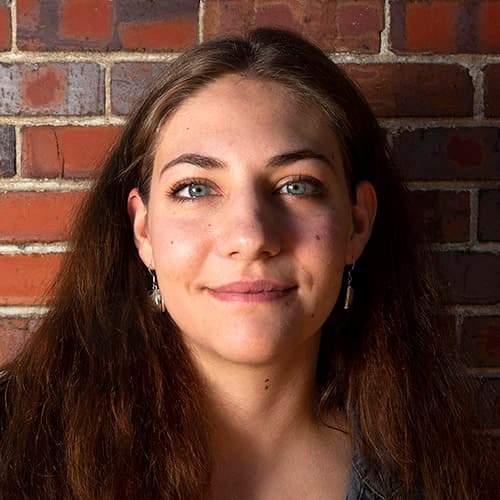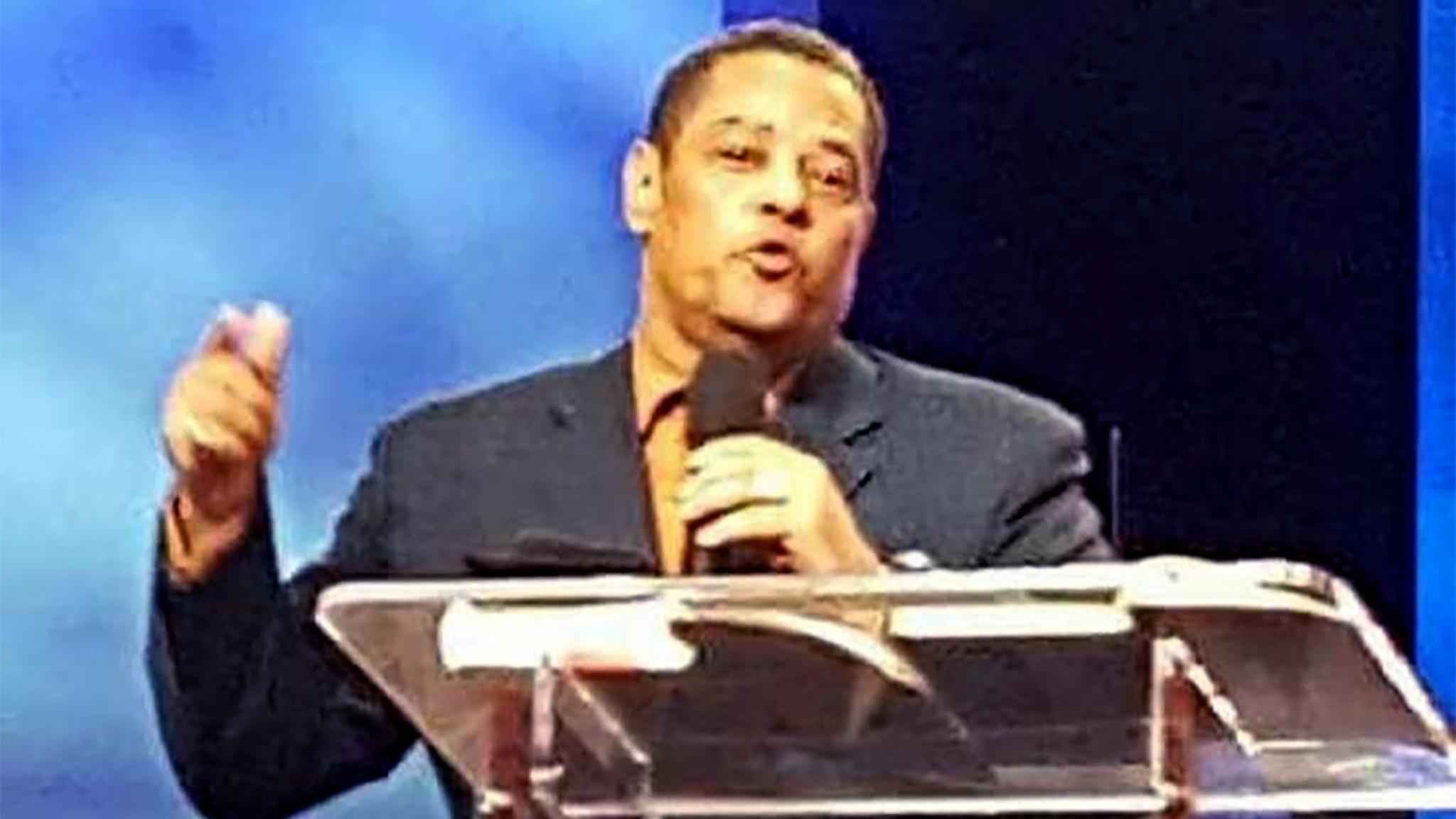Pastor George Roberts, an icon of the street preaching scene and a prominent anti-gang activist, died from COVID-19 on Wednesday at the age of 65. A former drug addict who remade himself, his community-building work resonated with many in the Northeast Denver community.
"During all of our peace marches, all of our anti-gang violence movements, while feeding the homeless -- George Roberts was there ministering," said George's eldest son Terrance Roberts on Friday. "He was just a gregarious, loving person who really embodied the tenets of the Bible."
Roberts grew up in Five Points and Park Hill, right around the corner from Denver activists like Lauren Watson of the Black Panthers. As a child, he took part in the Black Panthers' Breakfast program to feed and educate Black youth, and marched alongside activists in Denver's largest civil rights movements. But as he grew older, and job opportunities remained slim, George eventually dropped out of Manual High school. He spent the following years as a drug addict and con man, eventually relocating to California, according to reporting by Julian Rubinstein.
Roberts spent years in Oakland before returning home in 1993 to care for Terrance, who had been shot during Denver's so-called Summer of Violence. Roberts was still addicted to drugs at the time but found his salvation soon after. While serving time at Denver County Jail, a guard began teaching him how to read between her shifts. Roberts was nearly 40 years old when he read his first passage in the Old Testament.
"People didn't take him as serious as they should initially because they weren't used to seeing him that like that," Terrance recalled of his father's first steps towards the ministry. "But he was serious and he's been building a legacy ever since."
Terrance, a former Blood gang member, eventually became the activist at the center of Rubinstein's The Holly: Five Bullets, One Gun, and the Struggle to Save an American Neighborhood. And although George didn't live in Denver for Terrance's early life, they spent the last few decades incredibly close to one another. Terrance said calling his father three times a day was a ritual he will miss forever.
"I'm a community organizer, and I leaned on him a lot to deal with everything that comes with that," Terrance said. "He always had a level head. He always had love for a lot of people, and that's really what we're gonna miss about him a lot. Not just myself, but all of us."
Jason McBride, the founder of McBride Impacts, has been in the gang violence prevention world for years. He was inspired by Roberts' work, he said.
"You would see him at nightclubs and bars, not drinking but ministering," McBride said. "Pastor Roberts would be there and met them on their level, no matter where they were at. And that's one of those admirable things I can think of."
Roberts died on a ventilator at St. Joseph's hospital days after contracting COVID-19, Terrance said. Roberts was unvaccinated, a decision that he'd thoroughly discussed with his children. After suffering multiple strokes and advanced nerve damage due to diabetes, he believed a vaccination could jeopardize his already-weakened immune system.
Doctors say the opposite is likely true. People with weakened immune systems need the full course of the vaccine, and boosters when appropriate to generate enough protective response to the virus. The vaccine does not contain the coronavirus, and cannot cause COVID-19.
During his life, Roberts eagerly devoted his life to his ministry, building community and fighting for civil rights. He was one of the only pastors trusted within the community to lead funerals for victims of gang violence and sometimes led up to a dozen services a week, according to Rubinstein's reports.
Roberts' street ministry was called Church Without Walls, but he also gave sermons at Heritage Christian Center in Aurora. When we spoke to George's son Terrance, he was on his way to discuss funeral services at Heritage Christian. He said the church was worried their building might not be able to hold the thousands who wanted to celebrate Roberts' life.













